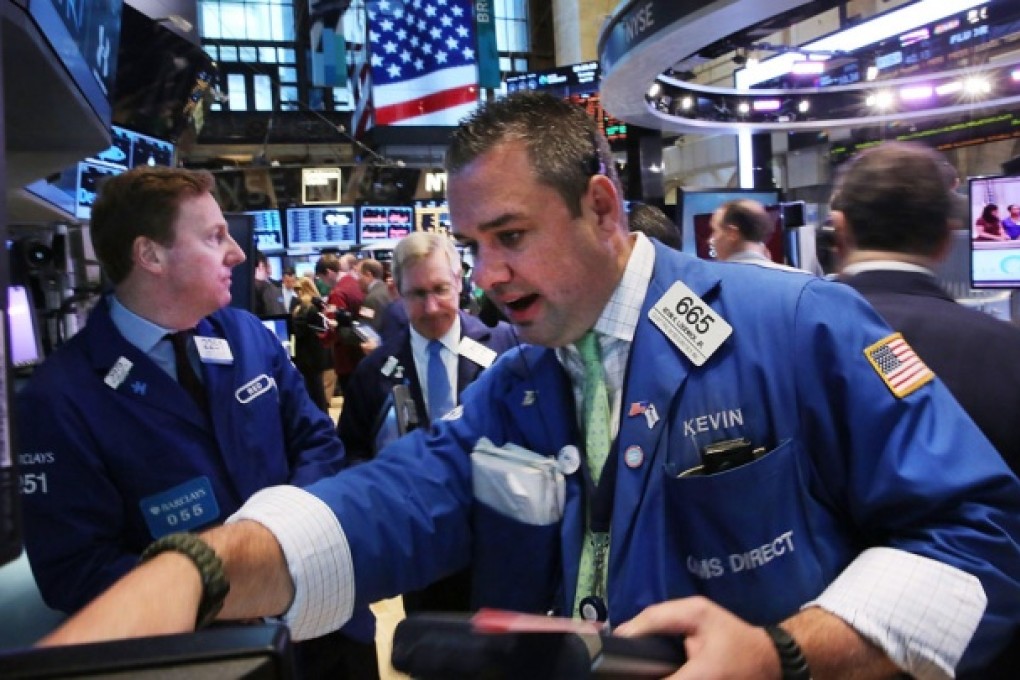Market-beating monkeys give hope to retail investors
Andrew Sheng says in the art of investing, we can't ignore the basics or stint on time and effort

It's now official. Even monkeys can beat the stock market index. Cass Business School researchers in London simulated 10 million portfolios of US stocks selected at random. They found that US$100 invested at the beginning of 1968 would have yielded US$5,000 by the end of 2011, but half the monkey (computer-simulated) portfolios managed US$8,700, a quarter made more than US$9,100 and 10 per cent made more than US$9,500.
So, does the market beat all the professionals if monkeys beat the market?
There is a real lesson here for investors. I had a great debate with a good friend last month regarding the benefits of investing in a world where fast trading algorithms (using super-fast computers to detect market opportunities to buy, sell or short stocks) make it hard even for traditional asset managers to compete. So what chance is there for retail investors? My friend decided to get out of trading stocks.
Investing has become such a complicated business because there are just too many variables. Gone are the days when you think you can understand how markets perform. The rules of the game changed when policymakers began intervening through unconventional monetary policy and politics become part of the equation.
You would have thought logically that growth economies should produce growth stocks. The BRICS economies (Brazil, Russia, India, China and South Africa) met in Durban last month. These five countries have been key drivers of global growth, but their stock markets have not done that well. Since its peak in 2007, the BRICS index is down 37 per cent.
China's A-share index is down 31 per cent since its peak in 2009, and the Brazil, Russia, India and South Africa stock market indices have all been in negative territory since the beginning of this year. On the other hand, growth in both the US and Japan is sluggish, and their stock markets have gained 11.1 per cent and 20 per cent respectively since the beginning of this year.
Despite the region's troubles, even the European stock market has been in positive territory, mainly due to better performances in Germany and France.